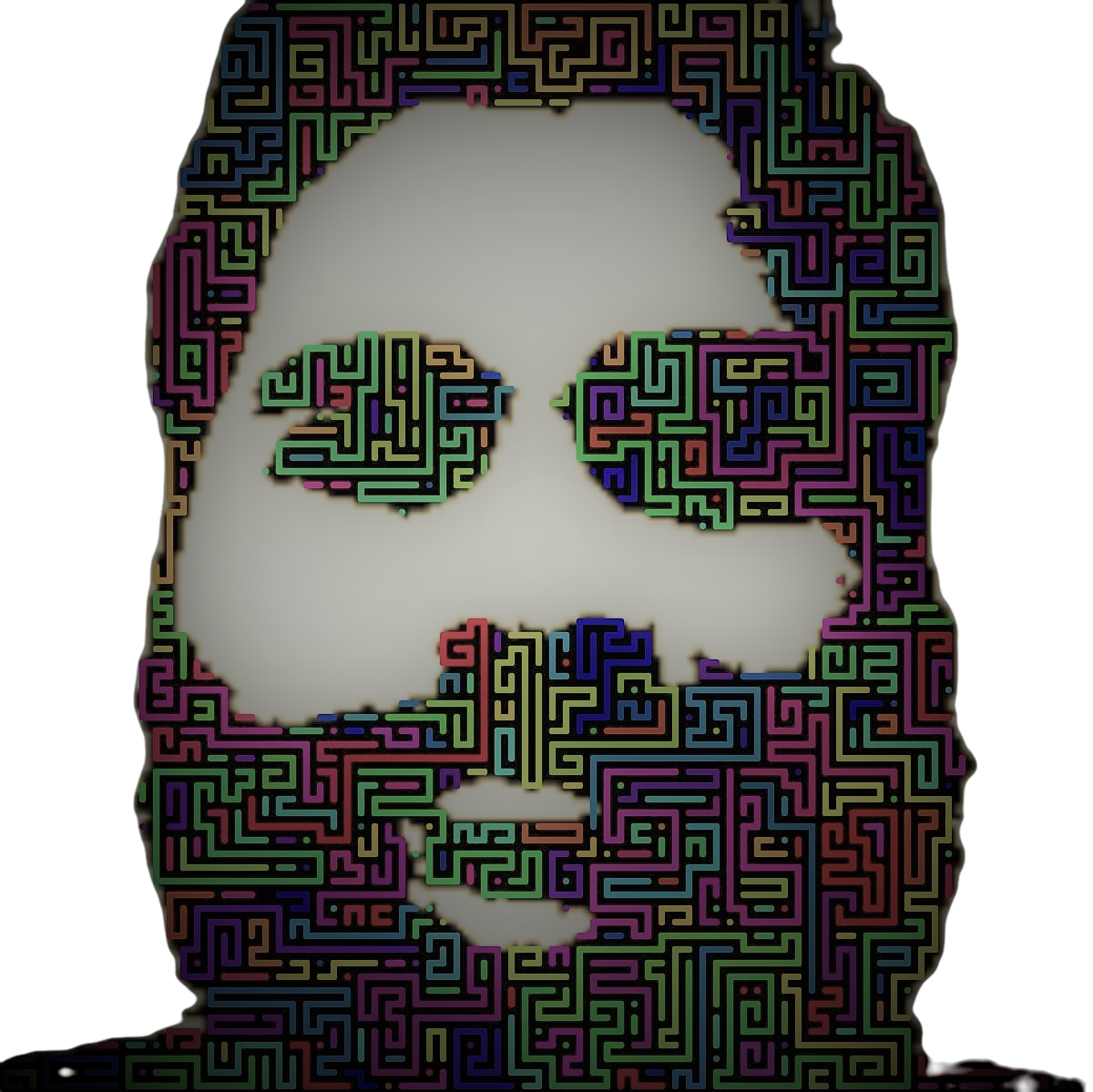Zuniga, E., Milani, S., Leroy, G., Rzepecki, J., Georgescu, R., Momennejad, I., Bignell, D., Sun, M., Shaw, A., Costello, G., Jacob, M., Devlin, S., & Hofmann, K. (2022). "How humans perceive human-like behavior in video game navigation." In CHI Conference on Human Factors in Computing Systems Extended Abstracts (CHI) 2022. pdf
bio
 I am a true believer in the transformative role that artificial intelligence (AI) will play in solving challenging problems that impact humanity. I am currently the head of machine learning (ML) at Resolution Games, where we are using AI and ML techniques to create revolutionary XR player experiences and transform our game development processes. While we are just about to announce some exciting news around our upcoming games, you can read more about the kinds of research and development we are doing to ship exciting new game features using deep learning, deep reinforcement learning, and similar technologies here.
I am a true believer in the transformative role that artificial intelligence (AI) will play in solving challenging problems that impact humanity. I am currently the head of machine learning (ML) at Resolution Games, where we are using AI and ML techniques to create revolutionary XR player experiences and transform our game development processes. While we are just about to announce some exciting news around our upcoming games, you can read more about the kinds of research and development we are doing to ship exciting new game features using deep learning, deep reinforcement learning, and similar technologies here.
My previous work as a post-doctoral researcher at Microsoft Research Cambridge used a human-centered AI research methodology — applying a combination of design, human-computer interaction, and AI/machine learning methods — to explore questions around the combination of AI and creativity in game development. This research focused on studying the challenges designers and developers might face when adopting AI techniques like deep reinforcement learning and imitation learning to create engaging game agents (non-player characters and bots) in real-world commercial games. I then developed technical prototypes using goal-conditioned RL and human in the loop RL for addressing some of these challenges. For a (relatively) quick overview of this research and some of my research as a Ph.D. scholar, you can watch this talk.
I received a Ph.D. in Computer Science (2019) from the Georgia Institute of Technology (Atlanta, USA) with the Expressive Machinery Lab. My dissertation investigated the effects of creative arc negotiation — a novel real-time decision-making paradigm for improvisation between people and computers — on player experience within VR games for improvisational theatre. I have previously studied the application of human-computer co-creativity in problems ranging from improvisational dance and pretend play to music recommendation. I received an M.S. in Computer Science (2013) from the Georgia Institute of Technology and a B.E. in Computer Science Engineering (2011) from the Manipal Institute of Technology (Manipal, India).
Recent work is covered in my CV below.


